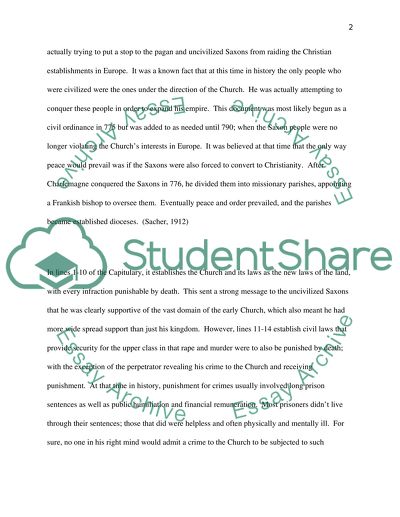Cite this document
(“Charlemagne: Capitulary for Saxony 775-790 Essay”, n.d.)
Retrieved from https://studentshare.org/history/1418252-charlemagne-capitulary-for-saxony
Retrieved from https://studentshare.org/history/1418252-charlemagne-capitulary-for-saxony
(Charlemagne: Capitulary for Saxony 775-790 Essay)
https://studentshare.org/history/1418252-charlemagne-capitulary-for-saxony.
https://studentshare.org/history/1418252-charlemagne-capitulary-for-saxony.
“Charlemagne: Capitulary for Saxony 775-790 Essay”, n.d. https://studentshare.org/history/1418252-charlemagne-capitulary-for-saxony.


